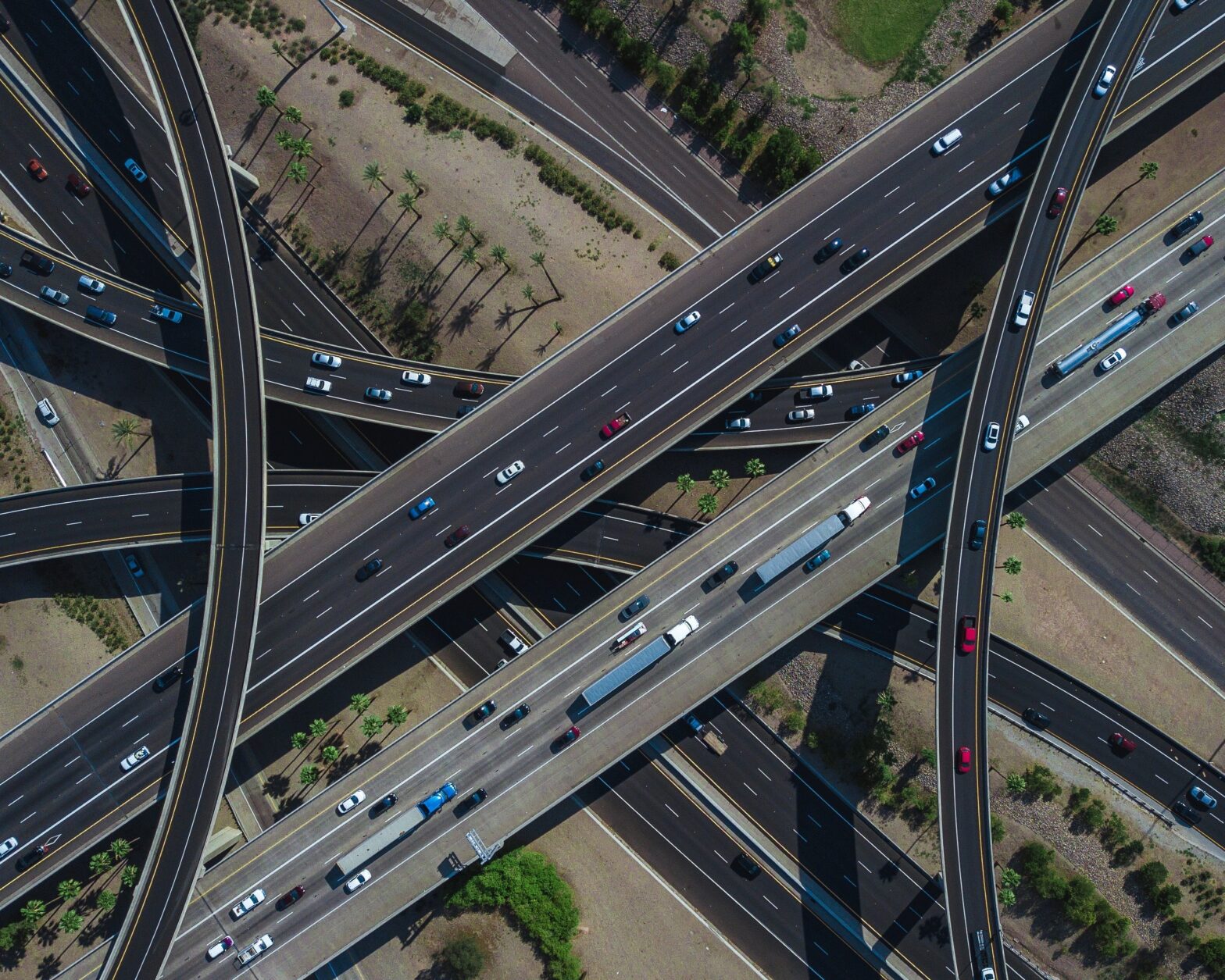Earlier this week, House Democrats voted 220-212 to move forward with assembling a $3.5 trillion infrastructure bill, which would represent spending above and beyond the $1 trillion bipartisan bill already passed by the Senate. Neither bill has come up for a final vote, but timing will be at the end of September.
The machinations related to these budget packages have been watched closely in Washington, with progressive Democrats — and President Biden — signaling that the budgets must be passed simultaneously.
The $3.5 trillion reconciliation package is designed to address a wide range of issues: universal Pre-K, childcare for working families, tuition-free community college, medicare expansion, investments in affordable housing, clean energy, and climate change initiatives The bill would be funded largely by tax increases high-income Americans and a potential increase in the corporate tax rate.
Democrats in Washington celebrated the action, calling it “a generational transformation,” truly investing in the American people.
If Factual readers are at all representative of the electorate, the Democrats might be overstepping their bounds. When we asked readers if they were in support of the $3.5 trillion package, only 28 percent responded yes, with over two-thirds of Factual readers saying they view the legislation negatively.
Many in favor of the idea said they believed it was time to redistribute the wealth in America. “The ultra rich will still be ultra rich,” said one reader. Another agreed, adding that “Republicans would let their own mothers die of starvation if it meant saving tax payments for rich donors.” These readers also believed that the new concept of “Human Infrastructure,” which refers to child care, skills training, and more, is critical to the future of the country. They understand the enormity of the bill, but believe that it represents a once-in-a-lifetime opportunity to do something grand in our country, where the need is immense.
On the other side were readers who worried that $3.5 trillion is completely unaffordable, especially given where America is at the moment. Said one reader, “In the midst of an ongoing pandemic and the highest 24 months of government spending in history, I find another $3.5 trillion expenditure to be obscene. Yes, there are some great items in that would likely be good for society, but we need to get on stable ground first.” Many of those against the spending were concerned about rising inflation and how this level of bill would only exacerbate the problem. “The debt burden will kill the value of the dollar and kill jobs,” said another reader.
A group of these “no” voters also felt that the reconciliation bill was less about infrastructure and more a laundry list of pet projects all lumped into one gigantic bill of “free everything for everyone.”
The net: most readers are fully in support of the initial bipartisan bill, recognizing the need to repair our roads and bridges, to modernize our transportation systems, and to ensure broadband access for all Americans. More than tripling that spending, however, readers view as a burden that would weigh too heavily on future generations, perspectives that the Democrats need to account for moving toward 2022.

